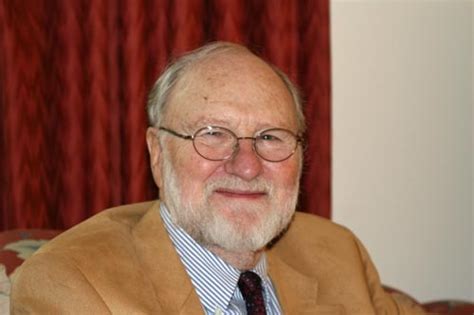A Quote by Jane Haddam
Logic is a wonderful invention. It is so wonderful, people often mistake it for reason. Reason, however, requires sense. Logic requires only consistency.
Related Quotes
It is difficult to remove by logic an idea not placed there by logic in the first place. By nature, we are emotional creatures. Often we live and react based on feelings, not logic. Feelings are wonderful, but when we become tied to a particular thought or belief we tend to ignore the fact that change might be necessary.
When philosophers talk about reason they often have in mind Having been in the business of philosophy more than half my life, I have learned that reason doesn't change many minds. But there's a more ordinary sense of resonableness, which involves not just logic but a sensitivity to other peoples real concerns, a desire to understand, even when you don't agree. Many people are reasonable in this way.I'm willing to think that the world will be made better by the conversations of reasonable people, even if there are unreasonable people and people who don't want to converse as well.
The creative process requires more than reason. Most original thinking isn't even verbal. It requires 'a groping experimentation with ideas, governed by intuitive hunches and inspired by the unconscious.' The majority of business men are incapable of original thinking because they are unable to escape from the tyranny of reason. Their imaginations are blocked.
There's no reason why one need not look at the content of education just as one is expanding the availability of school, because it doesn't cost more money to get them [a] better education. It requires better textbooks, it requires a vision, it requires a determination, but it's not very expensive to do that anyway.
To read" actually comes from the Latin reri "to calculate, to think" which is not only the progenitor of "read" but of "reason" as well, both of which hail from the Greek arariskein "to fit." Aside from giving us "reason," arariskein also gives us an unlikely sibling, Latin arma meaning "weapons." It seems that "to fit" the world or to make sense of it requires either reason or arms.






































